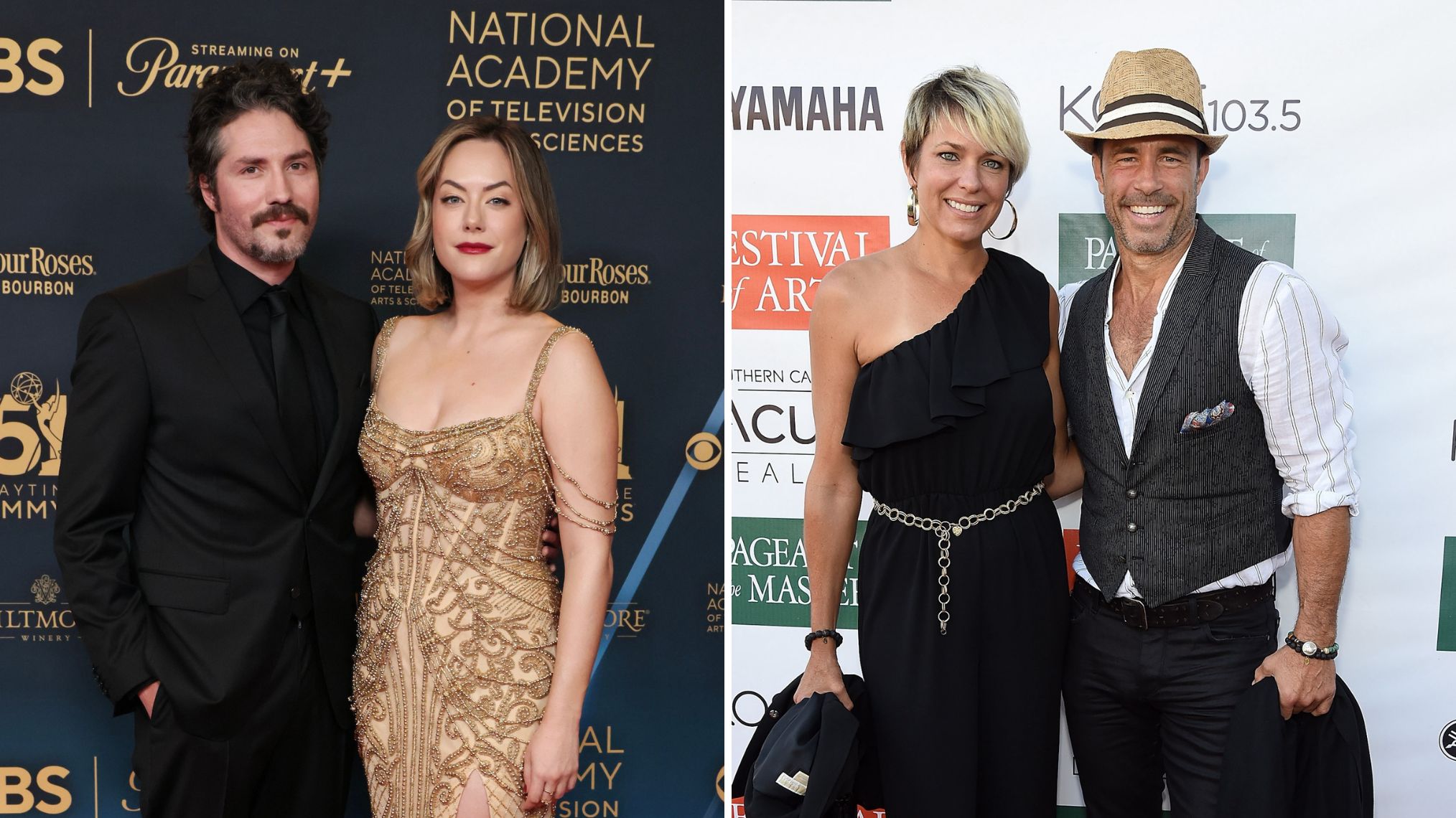
Starbucks has been ordered to pay $25.6 million in damages to a former regional director who sued the company for wrongfully firing her, claiming she was terminated for being white.
Shannon Phillips, who worked for Starbucks for about 13 years, was fired after the highly publicized arrest of two Black men at a Philadelphia Starbucks in April 2018.
Starbucks “took steps to punish white employees who had not been involved in the arrests, but who worked in and around the city of Philadelphia, in an effort to convince the community that it had properly responded to the incident,” Phillips said in the lawsuit, filed in 2019.
“I was terminated because I am white. If I was black, I would not have been terminated. I was terminated because I complained of and objected to race discrimination.”
In closing arguments last week, Phillips’ lawyer Laura Mattiacci told jurors that Starbucks had been looking for a “sacrificial lamb” to calm public outrage after the arrests, according to a report in Law360.
Although the coffee chain denied that the sacking was racially motivated, a jury in U.S. District Court in New Jersey agreed that the employee’s race was a determining factor in her dismissal and has been ordered to pay her $600,000 in compensatory damages and $25 million in punitive damages.
The aftermath of the controversial arrests
The verdict comes over five years after a 2018 Starbucks arrest that sparked widespread backlash and allegedly led to Phillips being let go.
Donte Robinson and Rashon Nelson were asked to leave the Philadelphia branch after sitting at a table and asking to use the restroom without ordering anything. The two men declined to leave because they were waiting for a business associate.
They were captured on camera being forced out of the coffee shop in handcuffs after a store manager called the police on them for trespassing.
The arrests sparked protests and drew criticism from African American leaders who demanded Starbucks take action.
To try to alleviate the PR crisis on its hands, Starbucks’ then-CEO Kevin Johnson issued an apology and closed about 8,000 company-owned stores for an afternoon of mandatory anti-bias training for around 175,000 employees.
As part of these efforts, Phillips claimed, she was instructed by her superiors to suspend a white employee, even though he was not involved and did not oversee the store where the incident took place.
She argued in the lawsuit that she had no performance-based reason to suspend him and that the store in question was in fact overseen by a Black district manager who was not facing discipline.
Shortly after that, Phillips claimed, she was fired and was only told her situation was “not recoverable.”
Starbucks blamed the manager’s “absence of leadership”
Starbucks denied in court filings that Phillips’s race had anything to do with her dismissal and instead pointed to her leadership skills and handling of the situation that led to her sacking.
“Senior leaders and members of Partner Resources all observed Ms. Phillips demonstrate a complete absence of leadership during this crisis,” Starbucks said in a 2021 court filing.
Phillips “appeared overwhelmed and lacked awareness of how critical the situation had become,” the company argued, while adding that Phillips’s manager ultimately decided to dismiss her “because strong leadership was essential during that time.”
However, Phillips claimed in the lawsuit that she engaged in “crisis management” and took steps to ensure that the retail locations she oversaw “were a safe and welcoming environment for all customers, regardless of race” in the wake of the arrests.
Fortune has contacted Starbucks to comment on the verdict.
The coffee conglomerate also previously reached a settlement with Robinson and Nelson for an undisclosed sum and an offer of free college education. Meanwhile, the city of Philadelphia was ordered to pay a symbolic $1 to each man, and officials promised to set up a $200,000 program for young entrepreneurs.






















![Moneybagg Yo – PLAY DA FOOL [Official Music Video] Moneybagg Yo – PLAY DA FOOL [Official Music Video]](https://i.ytimg.com/vi/q5y5HHUwfBs/maxresdefault.jpg)
![Cardi B – Like What (Freestyle) [Official Music Video] Cardi B – Like What (Freestyle) [Official Music Video]](https://i.ytimg.com/vi/GcNC7YnlhKc/maxresdefault.jpg)
![Quando Rondo – Grow Up [Official Music Video] Quando Rondo – Grow Up [Official Music Video]](https://i.ytimg.com/vi/8zFnCg3BO4Q/maxresdefault.jpg)